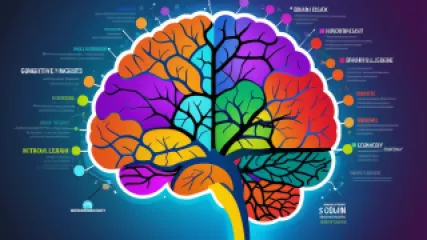The Importance of Regular Mental Health Check-ups
1 year ago
Mental Health Check
How to Advocate Effectively for Mental Health
1 year ago
Advocacy in Mental Health
Unlocking Your Potential: An Interview with a Self-Improvement Therapist
1 year ago
Personal Growth
From Timid to Empowered: My Assertiveness Training Journey
1 year ago
Assertiveness Training
The Ultimate Guide to Mindfulness Practices for Parents
1 year ago
Mindfulness for Parents
Exploring the Psychological Benefits of Sustainable Living
1 year ago
Psychology of Sustainability
5 Anxiety Coping Strategies Inspired by Iconic Movies
1 year ago
Anxiety
10 Best Elderly Mental Health Workshops for Improved Well-being
1 year ago
Elderly Mental Care
Mastering Peer Competition: A Step-by-Step Guide
1 year ago
Handling Peer Competition
How to Manage a Personal Crisis: Positive Coping Mechanisms
1 year ago
Managing Personal Crisis
My Journey to Overcoming Burnout: A Holistic Approach
1 year ago
Burnout Prevention
Exploring Cognitive Theories of Intelligence: A Step-by-Step Guide
1 year ago
Intelligence Theories
7 Ways Positive Thinking Can Improve Your Life
1 year ago
Positive Thinking
The Ultimate Guide to Mastering a Mindset Shift
1 year ago
Mindset Change
My Personal Journey to Prioritize Self-Care for Personal Growth
1 year ago
Self Care














